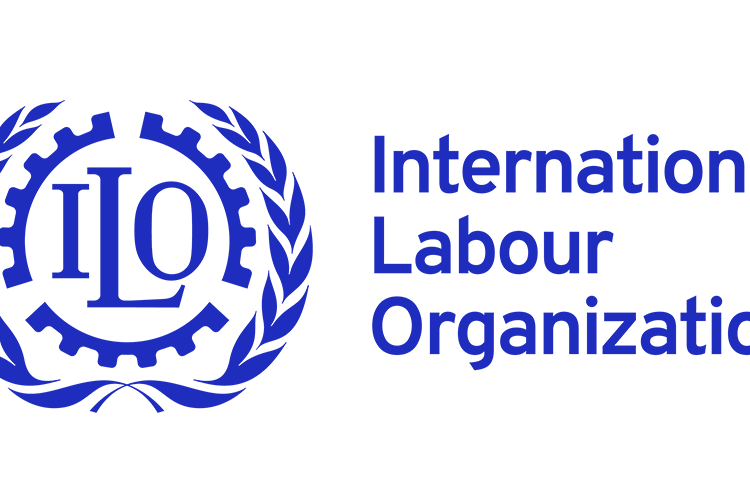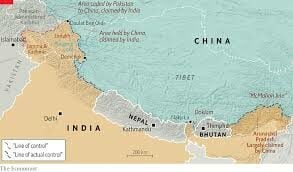The federal government has reaffirmed its commitment to strengthening its partnership with the International Labour Organisation (ILO) to advance social protection, promote decent work, and address key labour market challenges.
During yesterday’s visit by the ILO director-general, Gilbert Houngbo, to his office in Abuja, the minister of labour and employment, Muhammadu Maigari Dingyadi, emphasised Nigeria’s long-standing collaboration with the ILO.
He maintained that Nigeria remains dedicated to upholding labour rights, fostering industrial harmony and ensuring workplace equity.
The minister noted the historical significance of having, for the first time, an ILO director-general of African descent with Africa’s growing role in global labour policies.
Dingyadi stressed the importance of social dialogue in ensuring industrial peace and economic growth.
He commended the Nigeria Employers’ Consultative Association (NECA) for fostering balanced labour relations.
The minister also urged the ILO to pursue governance reforms that ensure full and democratic participation of all member states, which aligns with the African group’s position on the organisation’s future direction.
He said, “Nigeria has demonstrated unwavering commitment to the principles of the ILO since joining in 1960. We have ratified 44 ILO Conventions, including key ones addressing forced labour, child labour, and workplace discrimination.”
As we look ahead, Nigeria is keen on enhancing its collaboration with the ILO, particularly in social protection measures, occupational safety, and gender equality in the workplace.
Our government remains committed to creating a business-friendly environment that promotes decent work and economic development.”
The ILO director-general reaffirmed the organisation’s commitment to working closely with Nigeria to address youth unemployment, skills development, and informal sector integration.
The visit is expected to strengthen Nigeria-ILO cooperation, leading to policies that enhance worker welfare and drive sustainable economic growth.











